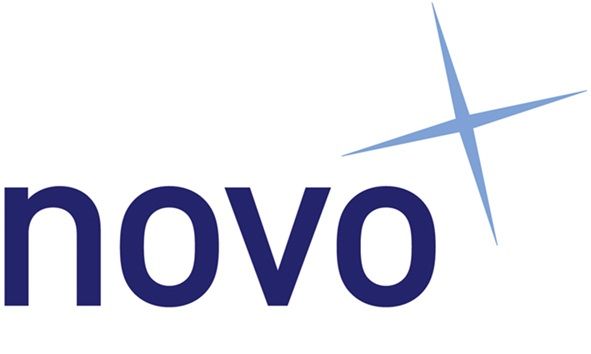Why Are So Many Company Leaders Unprepared For Change?

Discover insights from a survey of 1,000 HR professionals in the UK, revealing challenges in organisational change readiness. The findings are from a survey conducted by Censuswide and commissioned by global leadership experts Right Management.
One in four HR professionals (23%) say the managers they work with are not ready to lead changes within their organisation (which could include structural, technological, remedial or cultural changes), while a third (33.2%) felt that employees are also not ready for such strategic organisational changes.
The findings are from a survey conducted by Censuswide and commissioned by global leadership experts Right Management. The survey sample was taken from 1,000 HR professionals in the UK who say their organisation is currently undergoing (or about to undergo) change or a transformation. It also found that one in five HR professionals said their organisation does not provide specific upskilling for their leaders to manage change.
“We’ve all recently been through some very challenging times with a cost-of-living crisis, rising geopolitical tensions, and a global pandemic, so it’s both surprising and concerning that so many HR professionals feel their colleagues are unprepared for change in their workplace,” comments Lorraine Mills, principal consultant, Right Management.
“It also appears from the findings, that many organisations currently undergoing a workplace transformation are not making the most of the plans and tools they really need to effect change”, Mills adds.
Given a choice of several priority areas to help manage their change programme, the surveyed HR professionals said that processes are the most important aspect to focus upon, followed closely by communications, and people. However, one in five (20%) of the respondents said their organisation does not have a communications plan to support delivery of their change programme.
Of the 80% of HR professionals who say their business does have a communications strategy in place, a majority (35%) say it has been revisited just three times in the last year. Half (50%) of those surveyed however, said they are updating their change programme at least once a month, highlighting a mismatch between the delivery of the overarching change plan and its communications.
Mills says: “No matter what kind of change is underway within a company, it’s essential that the management team have a robust and effective communications plan in place to help convey their decision-making and intent and ensure staff at all levels are bought into the change.
“Good communications should underpin all activity with plans revisited on a frequent basis during change, certainly monthly and potentially weekly during a complex programme. Any less – and 45% of those surveyed said their teams had revisited the plan only twice or less over the last year – could be damaging to the reputation of a business and its leaders.”
The survey also finds that two thirds (75%) of organisations going through a change programme do not have a dedicated change team appointed to manage the programme of work. Mills says: “While recognising this might not be practical or possible for all businesses undergoing strategic change, developing or appointing a dedicated team or individual is an example of best practice and is especially important for delivery of complex change programmes. It ensures a clear point of contact and owner of the process, versus adding it to the existing workload of an already stretched HR team for example.”
More than half of the HR professionals consulted for the survey said they have an average of six change programmes underway in a year. Of those changes, more than half will require new thinking or an entirely new approach.
Originally published on The HR Director, https://www.thehrdirector.com/business-news/hr_in_business/many-company-leaders-unprepared-change/












